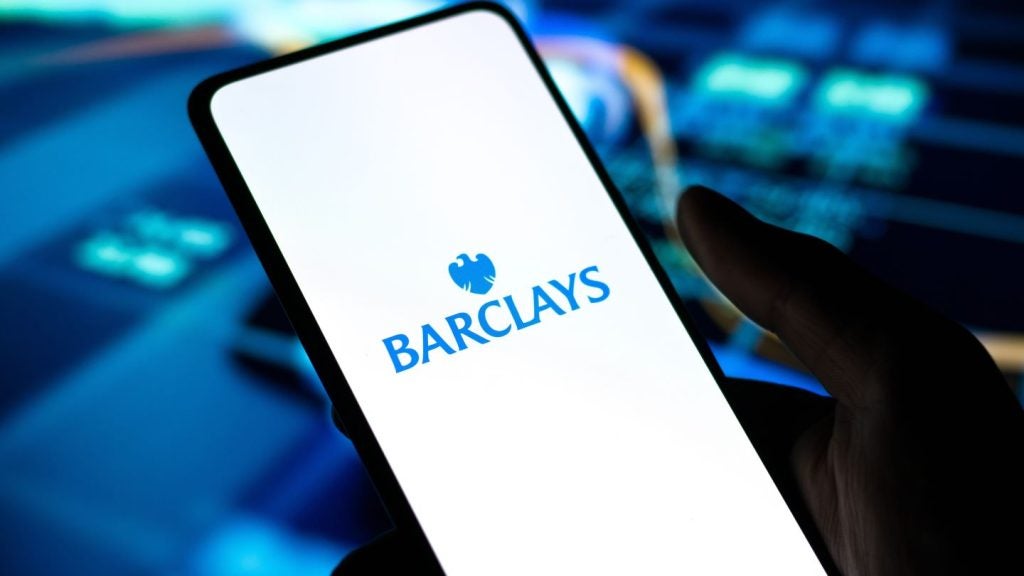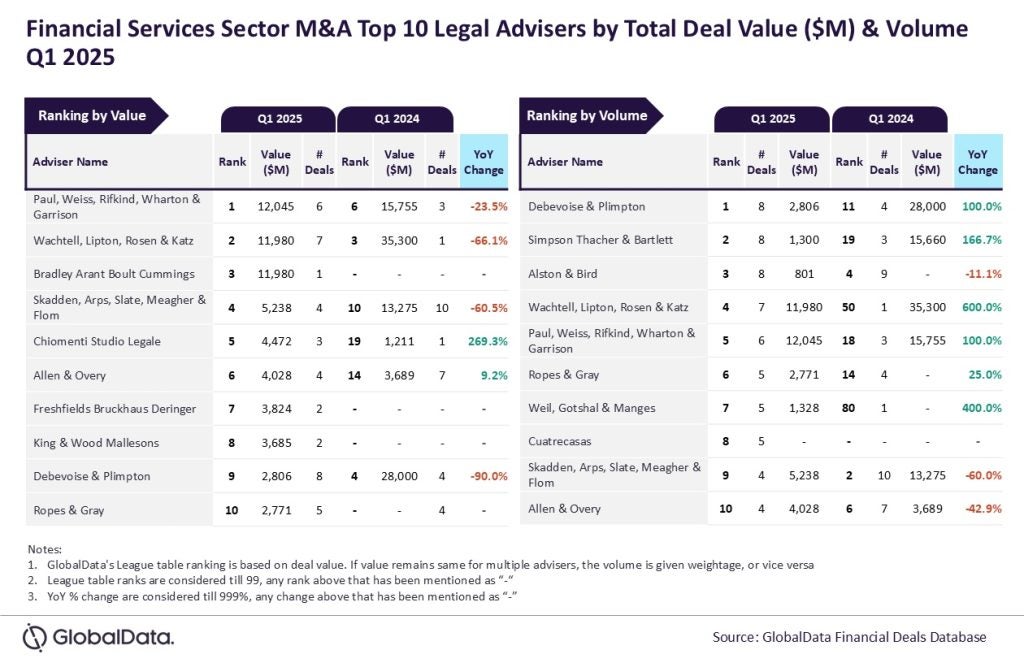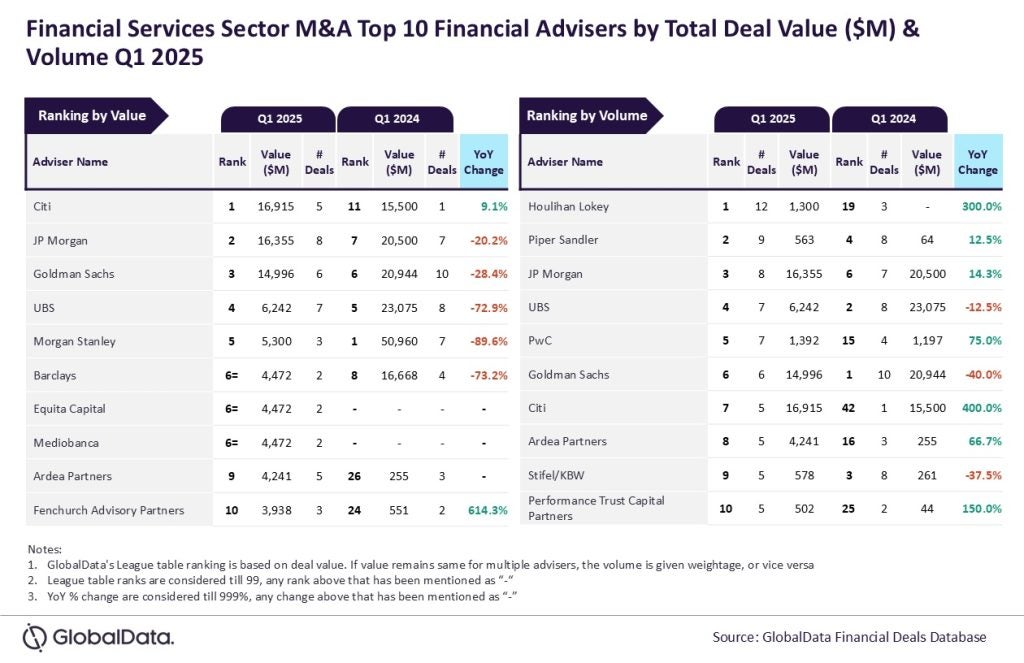
Is the African fintech bubble about to pop? The question may seem incongruous in the face of the smattering of missives coming out of the continent, celebrating the success of the region’s financial service innovators.
They have reason to be in a celebratory mood. New data indicates how the flow of venture capital funding being funnelled into the African fintech scene shows no sign of dropping. Entrepreneurs in the market are on track to raise as much funding as the record levels seen in 2021. Market stakeholders expect to see more Alkebulan start-ups join the coveted unicorn club as a result of this seemingly unyielding flow of cash injections.
Moreover, African fintechs have started to influence international markets. In early June, pan-African digital payments company MFS Africa announced plans to acquire US-based Global Technology Partners in a $34m deal.
In the face of this panoply of optimism, suggesting that the party is ending threatens to unleash paroxysms voicing the opposite view. African fintech is just getting started, they’d suggest. However, well founded as this bullishness might be, dark clouds on the horizon could halt the continent’s emerging fintech industry from steaming ahead.
To keep growing, the African fintech industry must survive market volatility, a lack of smartphone coverage, a tricky regulatory landscape, skills shortages, and the emerging ecosystem’s own struggles to connect investors to start-ups.
Ignoring these dangers may placate pundits eager to remain optimistic about a market that is seemingly finally about to catch its big break, but it would also fail to insulate the African fintech industry from risks.
African fintech VC funding bulldozing ahead
t’s not that Africa has been utterly devoid of fintech innovation. M-Pesa, the mobile phone-based money transfer service, payments and micro-financing firm, celebrated its 15th anniversary earlier in 2022. The Vodafone and Safaricom-backed venture provides modern financial services to unbanked people across Kenya, Tanzania, Mozambique, the Democratic Republic of Congo, Lesotho, Ghana and Egypt.
Today, it services 51 million customers and 465,000 businesses. The Kenya-founded juggernaut is undoubtedly Africa’s leading fintech company. The OECD even stated in 2015 that M-Pesa had “fundamentally altered the landscape of financial services” in the region.
Even though M-Pesa has been around for the better part of two decades, the rest of the African fintech industry has struggled to raise funding compared to its counterparts in the US and in Europe.
“It’s still small,” says Petra Wolkenstein, general partner Africa at start-up accelerator Startup Wise Guys, adding that the value of VC deals per capita in Africa is far below that of other regions. “Africa is still dry ground, it’s far too little.”
However, things are changing. The pandemic saw fintech investment spike across the world. Social distancing restrictions saw consumers turn to digital versions of financial services. Buy-now-pay-later solutions like Klarna and investment companies like Robinhood became unfathomably popular. As a result, investors eagerly splurged hard capital into these businesses.
African fintech firms have enjoyed a similar capital influx. There were 65 VC deals in the African fintech space in 2020, according to data from research firm GlobalData. These deals were worth a combined $106m. Those figures jumped in 2021. Last year, the African fintech industry inked 75 deals worth north of $1.1bn in total.
The cash injections have kept coming. At the start of June 2022, the industry had already enjoyed 31 deals worth a combined $547m in total. In other words: as the half-year mark approaches, African fintech companies have raised almost half of the total VC cash injected in 2021.
There are several reasons behind this trend. Firstly, plenty of first-movers have proved the region's fecundity. M-Pesa has notably been followed by the likes of ecommerce platform Jumia, which launched in 2012. Jumia was considered Africa's first fintech unicorn.
This leads us to the second reason for the African fintech boom: the region is home to a small but growing number of unicorns. Several of them have achieved valuation of more than $1bn in the past two years. For instance, Nigeria-based payments firm Flutterwave became Africa's fourth fintech unicorn in March 2021 after topping up its coffers with a $170m Series C funding round. It tripled its valuation to $3bn in February 2022 when it raised a $250m Series D round.
OPay followed Flutterwave into the unicorn club in August after raising $400m Series C round. Similarly, mobile money venture Wave bagged a valuation exceeding $1bn in September 2021.
Investment heavyweights such as Y Combinator, Sequoia and SoftBank have jumped on the opportunity to support African fintechs over the past few years.
Fintech entrepreneurs also benefit from a third factor: their innovation could enable them to access an abundance of untapped customers.
"Many Africans are not part of the formal economy, which is both an opportunity and challenge for fintech and tech in general," says Shegun Adjadi Bakari, partner at Africa Transformation and Industrialization Fund. "Fintech in the developing world can bring the unbanked into the formal [economy.]"
Africa has one of the world's biggest unbanked populations. The International Monetary Fund (IMF) estimated in 2017 that 48% of men have a bank account in Sub-Saharan Africa. That figure dropped to 37% when it came to women. The figures were even worse in North Africa. The IMF estimated that two-thirds of the adult population remained unbanked, with the gap between men and women being around 18%.
"The market potential is huge," Wolkenstein says.
Africa's emerging start-up ecosystem also provides a boost to the fintech industry. Not only are the continent's universities turning out high-quality talent, but they are finding it increasingly easier to be connected with investors and accelerators.
The African ecosystem clearly has a lot going for it. However, several hurdles could hold back the growth of the industry.
The darkest cloud on the horizon is the ongoing market volatility. Russia's invasion of Ukraine and the Covid-19 hangover have exacerbated cost-of-living crises across the globe and urged central banks to warn of inbound inflation levels not seen for decades.
The market uncertainties threaten to make life really difficult for fintech companies around the world. Investors already caution that they won't invest as freely as they have in the past few years. The macro-economic chaos has already forced fintech firms to cut staff, scale back their hiring and has even caused start-ups such as Fast to implode. African fintech companies could face the same issues in the months to come.
"VC globally won't be insulated from the market downturn and any prolonged ‘correction’ but the dynamics of private capital markets and the opportunity for Alpha are different in developing economies," says Bakari.
Mobile coverage is a second hurdle for the continent's start-ups to overcome. Many of the fintech solutions already in place in other parts of the world rely on tablets, smartphones and other types of phablets. However, adoption of these services remains low across the continent, partly due to a lack of IT infrastructure in the region.
Only 62% of African inhabitants lived within 4G mobile coverage in 2020, according to research firm Statista. That coverage is very uneven. While 86.9% of North Africa enjoyed that coverage, only 59% of West Africa could say the same. Encouragingly, consultancy firm KPMG has noted that there has been a marked uptick in smartphone adoption in the region over the past few years.
While Africa's universities are pumping out freshly minted software developers and engineers, this is not enough to satisfy the need across the region. KPMG has cautioned that the remote working models introduced in response to Covid-19 risk exacerbating the skills shortages and hold back the development of the industry.
Entrepreneurs are also held back by the fact that the start-up ecosystem is still emerging. Not only does that mean that funding levels are still lower than in other regions, but there is also a shortage of accelerators and hubs where budding founders can meet investors. Fintech founders basically don't know where to connect to angels and other investors. "So at the moment we do more matchmaking," says Wolkenstein.
Regulation is another headache for the industry. Africa consists of 54 different countries. All these different nations have their own laws. This means fintech founders must cut through a lot of red tape in order to expand to new markets.
"Regulation is a huge topic," Wolkenstein says. "Fintechs are bound to be regulated and [often] you need to have a license. [However, Africa's regulations are] fragmented. Once you expand you have to look closely into what regulation would [apply to each country]. I think some stability and standardisation across countries would be nice."
At the same time, a recent IMF report encourages African nations to introduce tougher regulations to minimise the risk of money laundering, terrorism financing, compliance and cybersecurity breaches.
Time to break the radio silence
Another factor potentially holding back Africa's fintech revolution is the fact that Western media, which the world's biggest investors read, tend to miss the big success stories coming out of the region.
"The Western media tends to focus on doom and gloom, rather than investment opportunities," says Bakari. "For example, Boko Haram preoccupies the Western imagination of Sub-Saharan Africa."
This could be changing. Google searches for "Africa fintech" has remained at an even level over the past five years. However, data from the search giant demonstrates a marked jump in searches in 2022. Interest was particularly big in the US and in the UK. This suggests interest for the sector is on the rise outside of Africa.
The Financial Times also tellingly unveiled its inaugural annual ranking of Africa’s fastest growing companies, noting that fintech companies was leading the way in the tech sector.
"I'm happy because we are slowly getting a little bit of coverage in international media on what's going on on the continent," Wolkenstein says.
The growing interest in the sector could also have the adverse effect that big international players could enter the region and out-compete smaller firms. This is a very real fear in Ethiopia. The country has liberalised both its telecom and its financial sector over the past four years. Market watchers have welcomed the move, but also fear that opening up the country's financial services for foreign fintechs could result in international behemoths swooping in and choking domestic start-ups' growth.
Despite these challenges, market stakeholders are still bullish about the African fintech industry's future.
"We see the money that's coming in," Wolkenstein says. "It's still at a lower level than in other regions, but the share of entrepreneurs and young people in Africa is a lot higher than anywhere else. People need innovation. And we are fully committed [to Africa]."
This article first appeared on Verdict. GlobalData is the parent company of Verdict and its sister publications.







